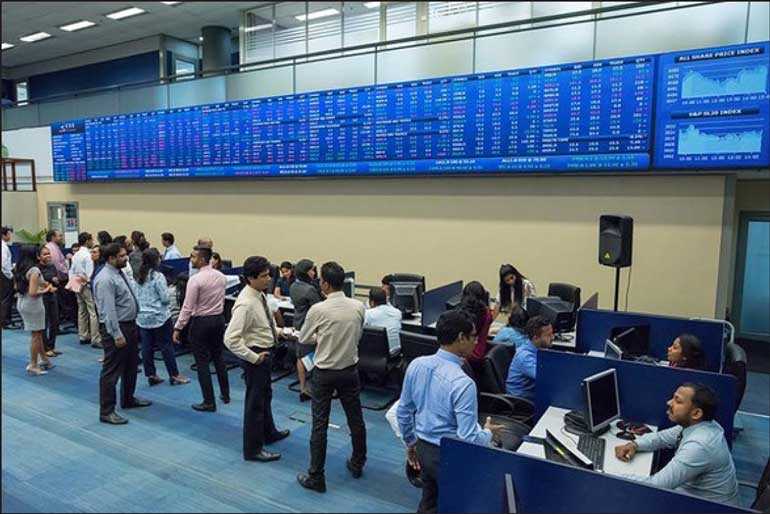Thursday Feb 26, 2026
Thursday Feb 26, 2026
Friday, 24 April 2020 00:00 - - {{hitsCtrl.values.hits}}

The apparent double standards on the part of the Government and capital market decision makers is being exposed as the Colombo Stock Exchange (CSE) has remained closed for near five weeks whilst the bond market has been functioning despite the country’s battle against the spread of novel coronavirus (COVID-19).
The Colombo Bourse during the partial lockdown of the country has had a few hiccups in terms of pre-announcing definitive opening, only to be later decided otherwise.
“If the bond markets can continue, why not the stock market or is it a case of weaker hearts among the key decision makers and players in the latter?” queried a frustrated investor in listed equities.
Sri Lanka and Bangladesh are the only frontier market bourses which have been closed as part of measures to mitigate the spread of COVID-19. However, questions are being asked whether the Bangladesh bourse is Sri Lanka’s benchmark, or whether should Sri Lanka be ideally inspired by other South and Southeast Asian markets which are functioning despite suffering bigger COVID-19 impact.
“It is high time the CSE re-opens. If needed declare it as an essential service,” said a market analyst, adding that prolonged closure was hurting investor sentiment further. On 26 March the Government declared the Central Bank, Treasury, banks and insurance as essential services.
To be fair by the capital market, it has been divided whether to reopen or keep it closed. Some cite closure as being critical as part of social distancing measures amidst ongoing curfew whilst others insist with precautions followed like other essential services including BOI enterprises, the stock market can be reopened.
Some attributed the closure to prevent the flight of money out of Sri Lanka as well as stem the freefall of the market.
In terms of foreign net outflow, when the market last traded on 20 March, the cumulative figure was only Rs. 5.4 billion. However, the bond market, which has been functioning in spite of COVID-19 measures, has seen an estimated foreign outflow of over Rs. 30 billion.
Admittedly, owing to global and local shocks from COVID-19, the Colombo stock market did crash as did many others, but they have recovered thereafter, thanks to continuity.
On 6 March, the CSE’s All Share Price Index (ASPI) was down 13% year-to-date and the S&P SL20 Index was lower by 15.5%. By 13 March the dip was extended to 20.4% by ASPI and 25% by S&P SL20 and when the CSE last traded, the indices were down by 25.4% and 33.7%, meaning the dip had doubled between 6 March and 20 March. In terms of market capitalisation Rs. 355 billion has been wiped off during this period.
Some opined that market closure was acceptable to prevent panic selling over what they described as “emotional loss” but most analysts insist true character of a market is the investor freedom to exit or enter.
Those who deal with foreign investors said the five-week closure was also very damaging as it was by a market that had been struggling with illiquidity.
“By shutting the market indefinitely, Sri Lanka also runs the risk of preventing any willing investor to buy into listed equities on attractive new valuations and betting on future upside post-COVID-19 phase. Preventing foreign funds and investors from selling if they wish to and blocking new buyers into the market is certainly more damaging,” analysts pointed out.